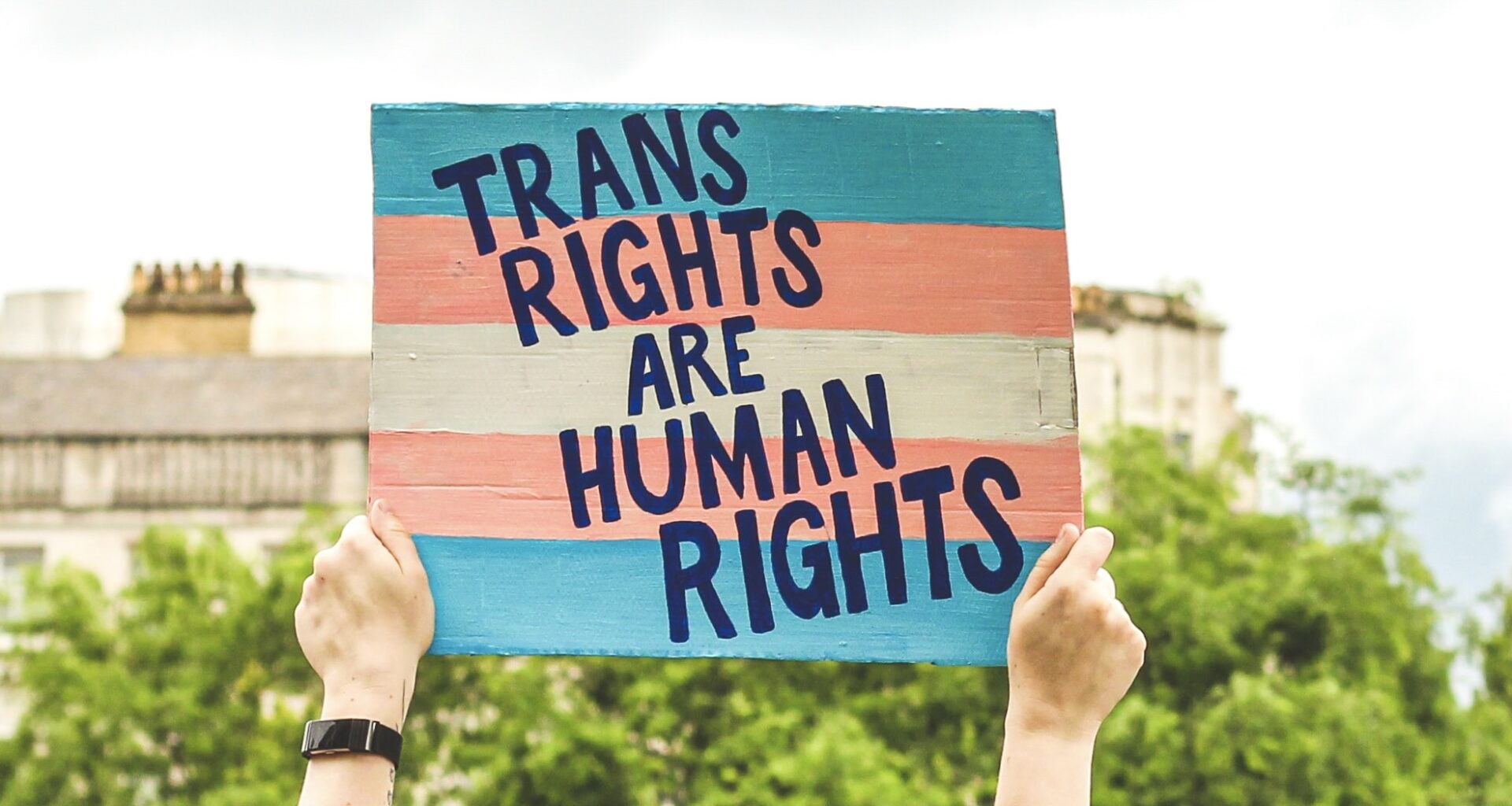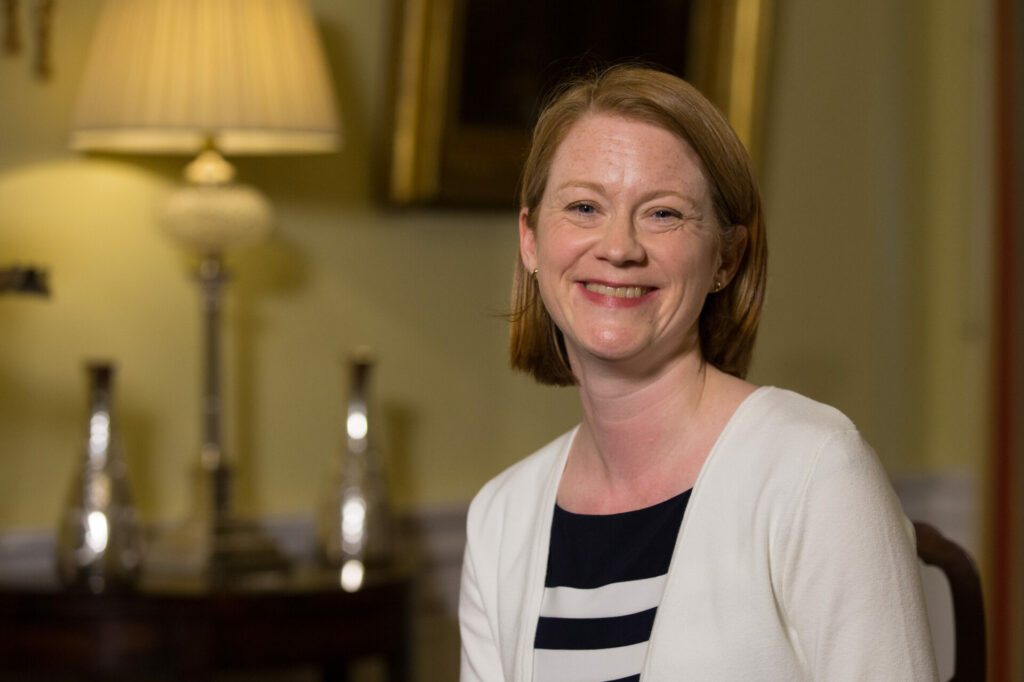Scottish government to challenge the UK government’s blocking of gender reforms
"Legal challenge is our only reasonable means of resolving this situation," Scotland's Social Justice Secretary, Shirley-Anne Somerville, has said.

The Scottish government has launched a legal challenge with an aim to enact its impressive gender reforms.
In December 2022, Scotland’s Parliament passed the Gender Recognition Reform Scotland bill, which would allow trans people to self-ID.
However, this victory was short-lived as the UK government blocked the legislation in January.
It said Scotland’s bill would impact UK-wide equality legislation, which has been strongly contested by the reform’s supporters.
Scotland’s former First Minister, Nicola Sturgeon, described the block as “a full-frontal attack on our democratically elected Scottish Parliament.”
On Wednesday (12 April) the Scottish government, now led by Humza Yousaf, launched its legal challenge.
As reported by the BBC, Yousaf has previously described the blocking as an “undemocratic veto”.

In a statement, Scotland’s Social Justice Secretary, Shirley-Anne Somerville, described the UK government’s use of a section 35 order to block the law’s progress as “an unprecedented challenge to the Scottish Parliament’s ability to legislate on clearly devolved matters.”
She added: “It risks setting a dangerous constitutional precedent.”
Somerville went on to say that the Scottish Government had no warning the UK government was actually going to block the gender reforms. She also said they asked for no amendments as the bill was debated prior to being passed in December.
“Our offers to work with the UK Government on potential changes to the Bill have been refused outright,” she claimed while referring to Secretary of State for Scotland, Alister Jack.
“So legal challenge is our only reasonable means of resolving this situation,” Somerville continued.
She then closed: “It is important to have clarity on the interpretation and scope of the Section 35 power and its impact on devolution. These matters should be legally tested in the courts.”
The UK government has said it will “robustly defend the decision.”
The BBC has reported that Yousaf previously said he’d contest the UK government’s decision. This would be if he was advised he could be successful.
Speaking to the broadcaster in January, the former Supreme Court judge, Lord Hope, said the chances of winning a legal challenge were “very low.”
Stonewall is among those to have welcomed the legal challenge.
The Gender Recognition Reform Bill was passed in Scotland in December by 86 votes to 39.
It removed the need for a medical diagnosis to obtain a Gender Recognition Certificate (GRC)
Before applying for a GRC, people would need to declare they’ve been living as their “acquired gender” for three months (six if they are 16 or 17), as opposed to the current two years, and that they intend to live as their acquired gender.
There would also be a three-month reflection period.
The age at which people can apply for a GRC would also be lowered from 18 to 16. The process for obtaining a GRC would be unchanged across the rest of the UK.
Speaking in January, Alister Jack said the blocking of the bill came “after thorough and careful consideration.”
Stonewall said the UK Government was “out of step with the inclusive values of modern Britain.” It also lambasted the UK government for using trans people as a “political football.”
